We have gotten so used to seeing college presidents and other academic "leaders" caving in to so many outrageous demands from little gangs of bullying students that it is a long overdue surprise to see a sign that at least one major university has shown some backbone.
Dr. Robert J. Zimmer, president of the University of Chicago, has spoken out in the plainest language against the stifling of opinions that differ from political correctness, on campuses across the country.
"Free speech is at risk at the very institution where it should be assured: the university," Dr. Zimmer said.
"Invited speakers are disinvited because a segment of a university community deems them offensive, while other orators are shouted down for similar reasons," he said. Demands have been made that assigned readings in some courses be eliminated because they "might make some students uncomfortable."
Worst of all, such demands "have been supported by university administrators," Dr. Zimmer pointed out.
By contrast with many other colleges and universities where speech codes restrict what students can and cannot say, freshmen students entering the University of Chicago have been informed by a letter from the Dean of Students that "freedom of expression" is one of that institution's "defining characteristics."
The Dean of Students spelled it out: "Members of our community are encouraged to speak, write, listen, challenge and learn, without fear of censorship. Civility and mutual respect are vital to all of us, and freedom of expression does not mean the freedom to harass or threaten others."
That such things need to be said is a painful commentary on the academic world in general. It is doubtful if any such declaration or policy could be made at any of the Ivy League universities, which are bastions of political correctness.
Recommended
At Harvard, not only have invited speakers been shouted down and sometimes assaulted, even a Harvard professor's classroom was invaded by disruptive students who didn't like what he was teaching. Such things have also happened at Berkeley and other elite institutions across the country, as well as at less renowned institutions.
The uniqueness of the University of Chicago is not something new. Back in the 1960s, as campus riots spread across the country, and academic administrators caved in to even the most outrageous demands, dozens of disruptive students were simply expelled from the University of Chicago and dozens more were put on probation. As Professor George J. Stigler, a Nobel Prize-winning economist, said, "our faculty united behind the expulsion of a large number of young barbarians."
But such faculty support required a sense of mission, beyond a quiet life on campus in which to pursue one's own career. Even as grade inflation soared, and failing grades virtually disappeared in some colleges and universities across the country, that was not true among professors of economics who had been trained at the University of Chicago.
A survey in the economics department at Cornell University, during a year in the 1960s when I taught there, showed that the only students who received a failing grade in any economics course that year were students who took courses taught by professors who were trained at the University of Chicago.
In later years, when I gave failing grades to one-fourth of my class at UCLA, I discovered that this was not at all unusual in UCLA's economics department, which had a sizable contingent of economists trained at the University of Chicago. We also opposed many politically correct policies of the UCLA administration.
One of the many name-calling responses to people who do not go along with political correctness is to use the all-purpose smear, "racism." But the first time I saw a white professor at a white university with a black secretary, it was Milton Friedman at the University of Chicago in 1960 -- four years before the Civil Rights Act of 1964.
Years earlier, the first black tenured professor at an elite white university was Allison Davis at the University of Chicago. But who cares about facts in these politically correct times?

















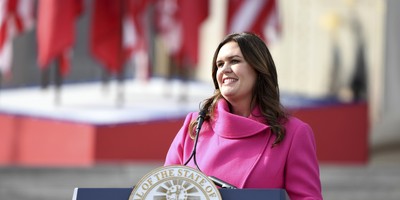
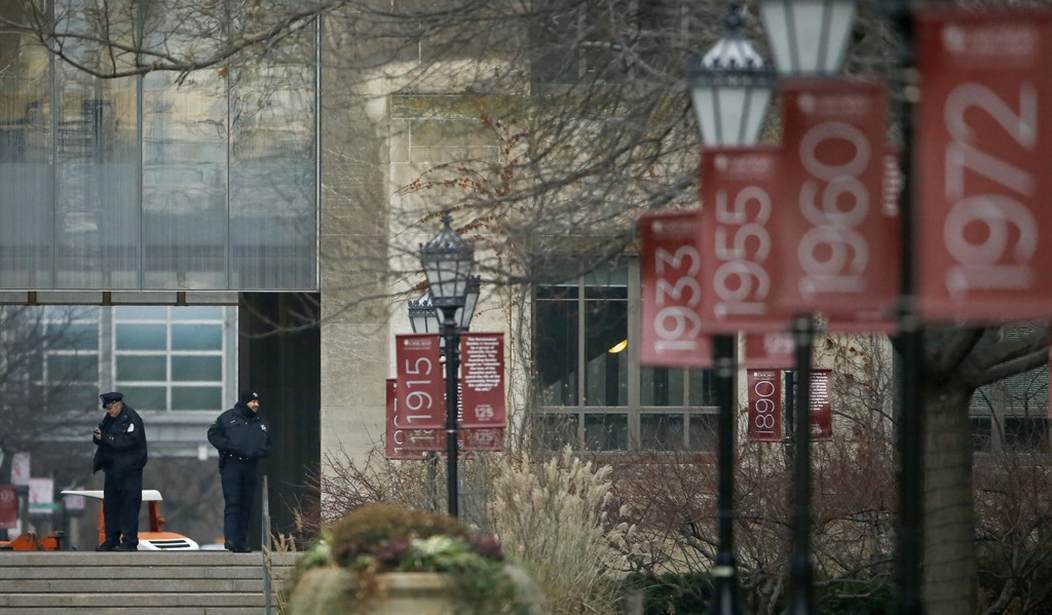

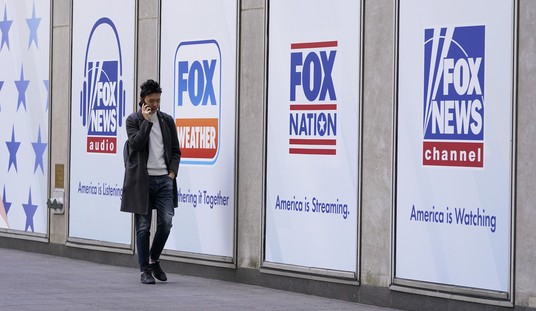

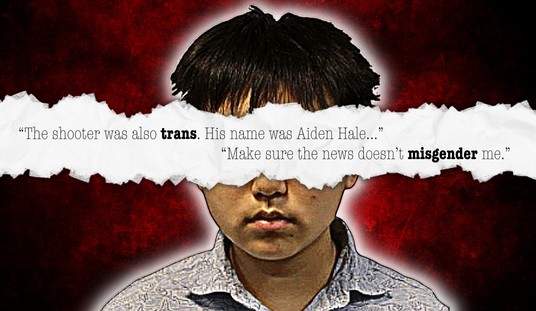

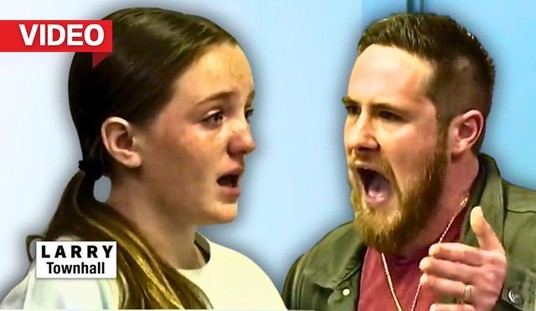
Join the conversation as a VIP Member